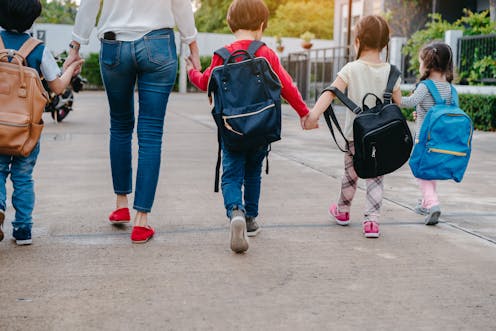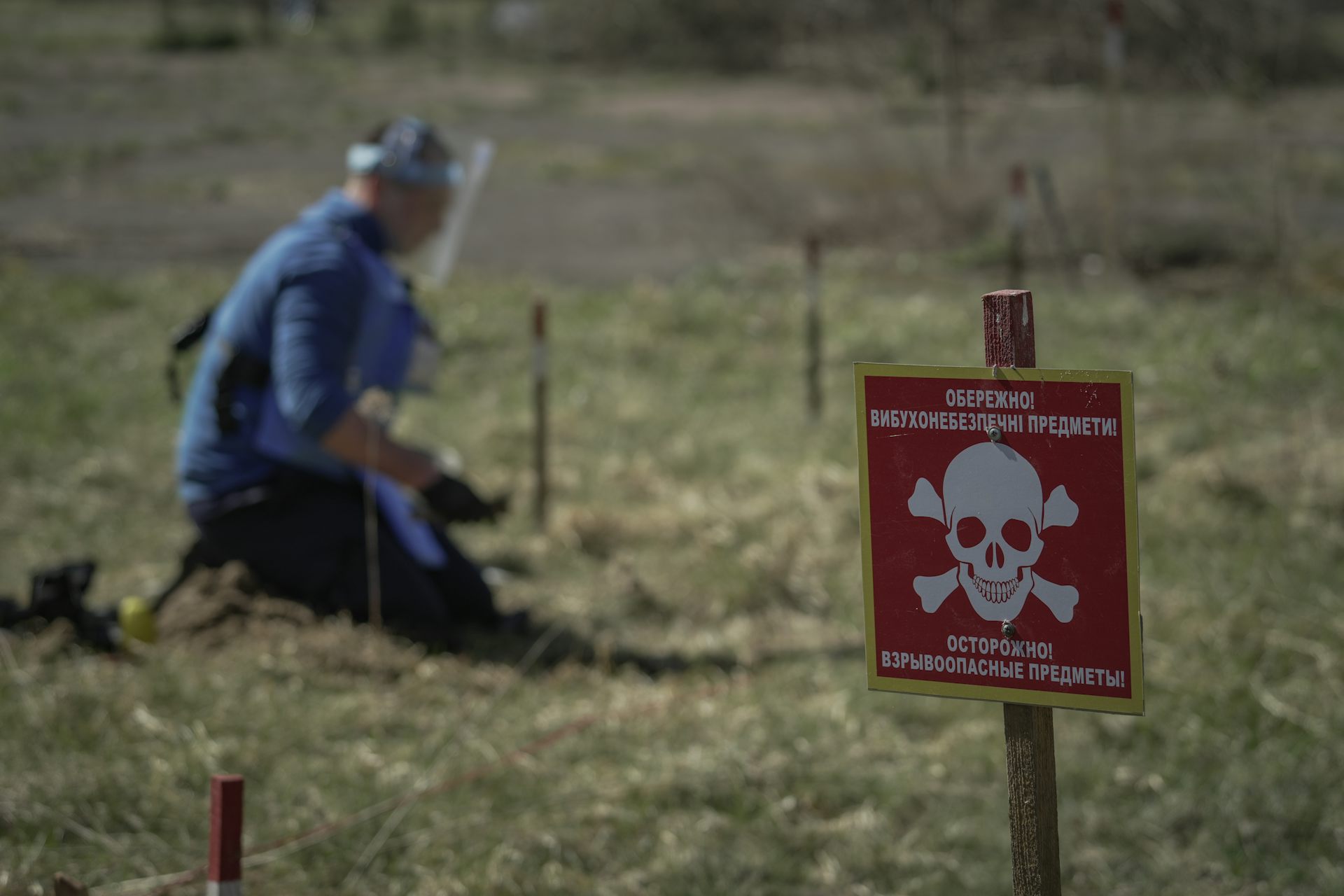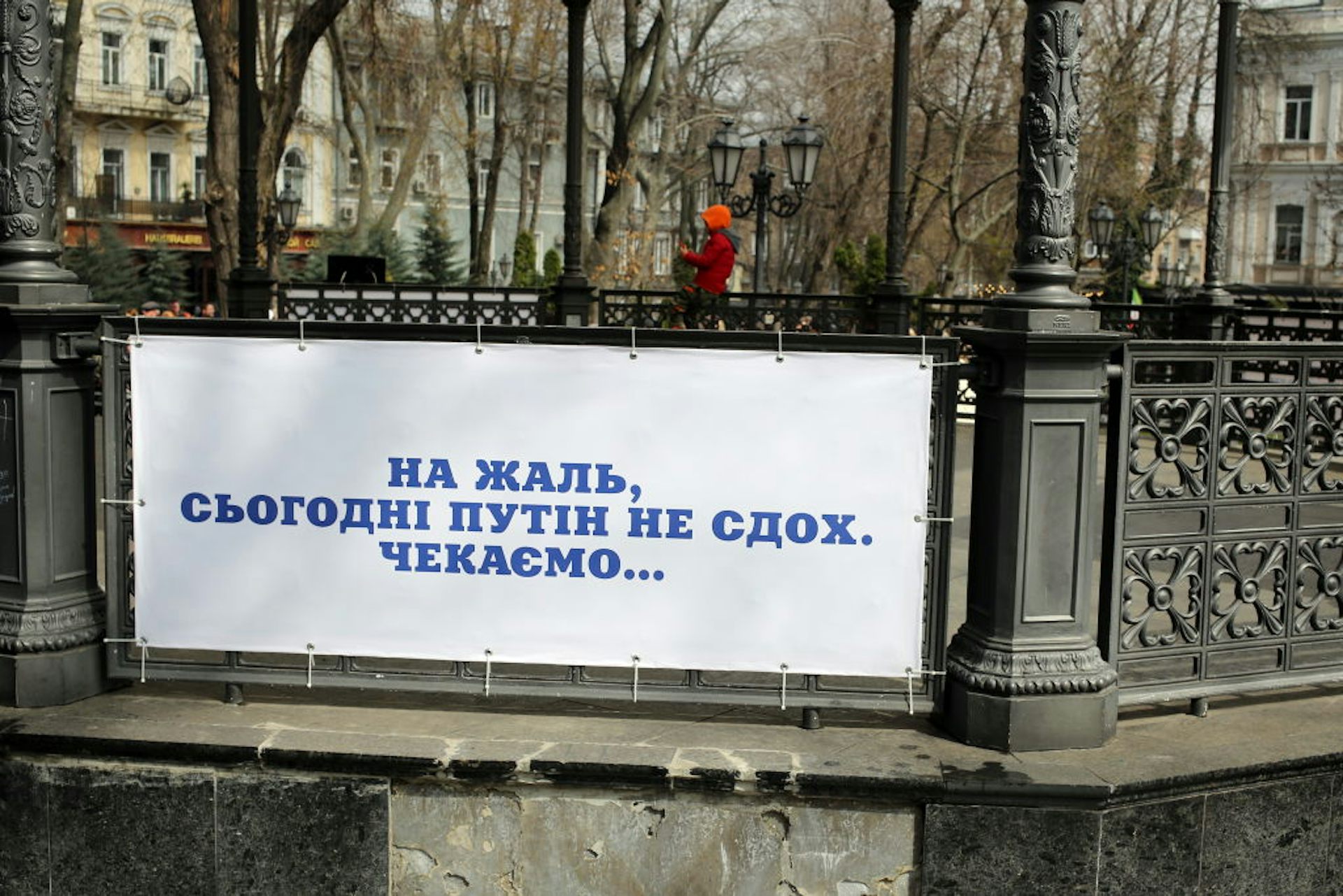The counties where the anti-vaccine movement thrives in the US
In 18 states, parents can choose to exempt their children from vaccines for nonmedical 'philosophical' or 'personal belief' reasons.

As a pediatrician-scientist who develops new vaccines for neglected diseases, I spent most of my career in the Boston-Washington, D.C. corridor.
While working in the Northeast, I had heard a few things about the anti-vaccine movement. As both a vaccine scientist and a father of four, including a daughter diagnosed with autism and intellectual disabilities, I followed the emergence of doubt over vaccine safety in the general public. Ultimately, in scientific circles, any debate ended when an overwhelming body of scientific evidence demonstrated there was no association between vaccines and autism.
But then, in 2011, I relocated to Houston’s Texas Medical Center. I soon learned that, unlike in the Northeast, where the anti-vaccine movement so far seems restricted to small groups, the Texas anti-vaccine movement is aggressive, well-organized and politically engaged.
There are now at least 57,000 Texas schoolchildren being exempted from their vaccines for nonmedical reasons, about a 20-fold rise since 2003. I say “at least” because there is no data on the more than 300,000 homeschooled kids.
I’m worried these children, who are mostly concentrated either in the Austin area and towns and cities in north Texas, including Plano and Forth Worth, are at high risk of acquiring serious or even deadly childhood infections such as measles or whooping cough. Texas also ranks near the bottom in terms of adolescent girls getting their HPV vaccine to prevent cervical cancer – only four states had lower vaccination rates.
I then began to wonder about other parts of the U.S. Together with colleagues from Baylor College of Medicine and Texas Children’s Hospital, where I work, we did an in-depth study of kindergarten schoolchildren who receive vaccine exemptions across the country. Currently, 18 states allow nonmedical vaccine exemptions for either “conscientious objector” or “philosophical/personal belief” reasons. We were able to obtain information on 14 of those states.
A clear picture emerged: Vaccine exemptions are on the rise in 12 of the states we looked at. Indeed, anti-vaccine activities appear to be more of a western phenomenon, especially in the Pacific Northwest (Idaho, Oregon and Washington) and the American Southwest (Arizona, Missouri, Oklahoma, Texas and Utah).
What exactly is going on in the West, where many parents shun vaccines and take their children out of vaccination programs? Researchers are still at the early stages of understanding the reasons behind the anti-vaccine movement. A couple of these states, Oklahoma and Texas, host well-organized political action committees that lobby their legislatures and even raise campaign funds for candidates to endorse anti-vaccine positions. These committees appeal to parental fears of unwarranted government interference.
What’s more, some studies suggest that vaccine refusal is linked to affluence, and possibly with affluence there is greater access to the internet. There are now hundreds of anti-vaccine websites on the internet, many of which still allege that vaccines cause autism or that autism is a form of “vaccine injury,” neither of which is true.
The anti-vaccine movement also effectively uses social media to share their message. Some studies show that anti-vaccine social media has created an “echo chamber” effect that strongly reinforces negative attitudes towards vaccines.
Of course, scientists have proven the safety of vaccines over and over again. As the father of a daughter with autism, I have recently written “Vaccines Did Not Cause Rachel’s Autism.” My book details both how and why vaccines cannot cause autism based on the scientific literature, as well as the challenges my wife Ann and I face daily as parents and guardians of Rachel, now an adult living with significant intellectual disabilities.
The effects of anti-vaccine websites and social media, together with the PACs, are quite powerful. They include a terrible measles outbreak in Minnesota in 2017; measles outbreaks in New York and Missouri this year; and almost 200 influenza deaths of unvaccinated children.
However, my newest concern are the counties in the American West, where a high percentage of kids are being opted out of vaccination programs. I believe that these are the areas most vulnerable to terrible measles or pertussis outbreaks in the coming years. In the past year, Europe has been inundated with measles, including dozens of deaths, due to large declines in vaccine coverage. I’m concerned the U.S. could suffer a similar fate.
Johns Hopkins University Press provides funding as a member of The Conversation US.
Read These Next
How Denver’s Northeast Park Hill community reduced youth violence by 75%
A neighborhood coalition identified risk factors for youth violence and prevention strategies.
Why are some stars always visible while others come and go with the seasons?
From Earth spinning on its axis and orbiting the Sun to it precessing like a top, lots of factors affect…
Researchers are combining drones and AI to make removing land mines faster and safer
Using drones makes detecting land mines safer. Using AI to fuse data from multiple types of sensors…






